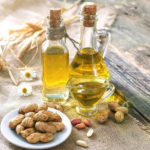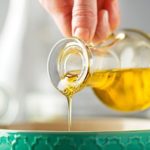How to Recognize the Dangers of Polluting Oil
Cooking oil is typically derived from essential oils found in plants like peanuts, sesame, canola, olive, or even animal fats like pork, poultry, and beef. These cooking oils are subject to regulation and oversight by health and food authorities.
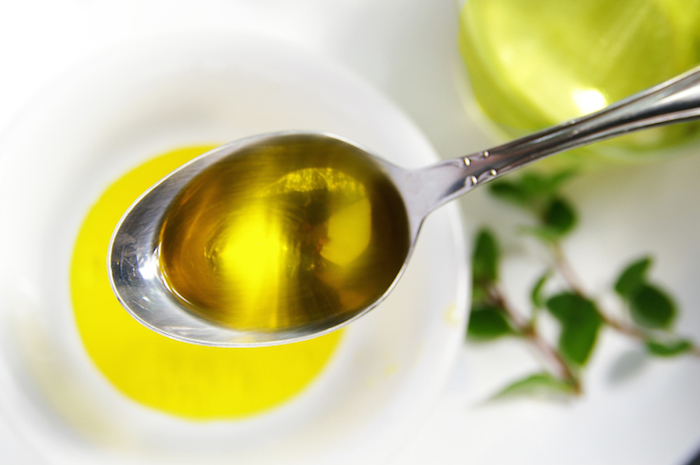
There are certain profit-driven establishments that have started processing oil from various sources such as kitchen waste, sewers, and animal skins. It is important to note that this particular oil is highly toxic and has recently made its way into the market.
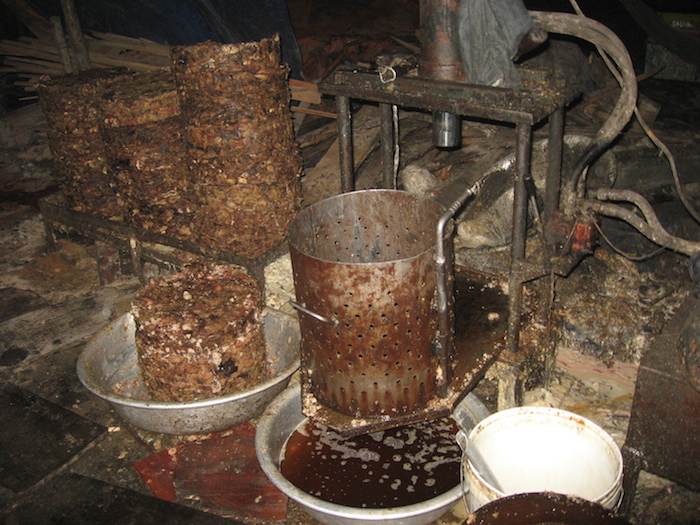
Numerous studies have provided evidence that the consumption of this oil can lead to various degrees of poisoning, cardiovascular complications, high blood pressure, and cancer. Additionally, when utilized for frying at temperatures exceeding 180°C, inhalation of the resulting gas may induce adverse effects, including headaches, dizziness, nausea, abdominal pain, and shortness of breath.
Using contaminated oil can be hazardous, yet detecting its presence is challenging due to its lack of odor, taste, and minimal color variation. This poses a significant concern for consumers, particularly when purchasing pre-cooked fried food, as differentiating between dishes made with clean or dirty oil becomes exceptionally difficult.
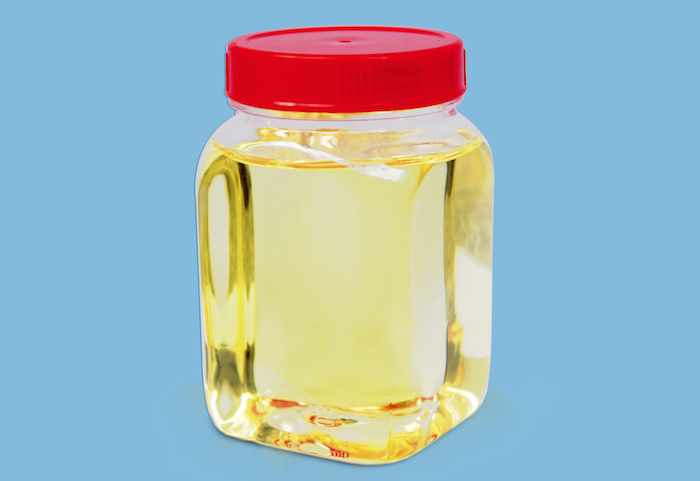
It is recommended by industry experts that consumers exercise caution when purchasing oils from a wide array of options available in the market. They advise trusting only in products that have undergone rigorous safety testing, possess reputable brand names, and employ advanced manufacturing processes. It is strongly advised against purchasing unlabeled oils in bulk or canned containers without information regarding their origin.
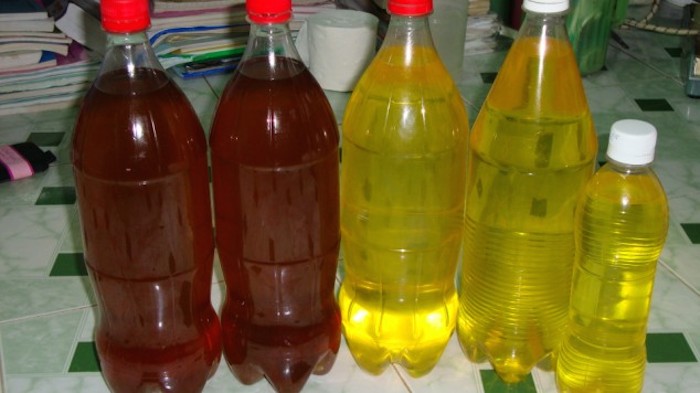
There are several cooking oils available in the market that offer distinct aromas. Some of these oils are derived from peanuts, sesame, beans, olives, and more. If you have a keen sense of smell, you can still detect the characteristic aroma of these oils in your dishes.
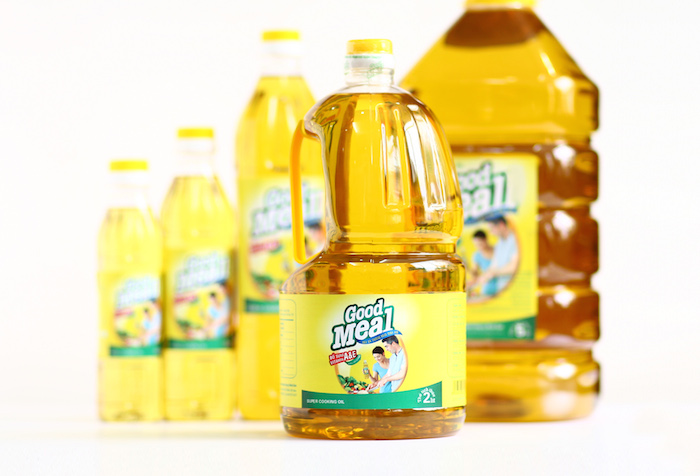
Safe Cooking Practices with Oils
Proper Usage of Clean Oil for Optimal Health and Safety
Replace animal oils with vegetable oils. Vegetable oils contain two essential unsaturated fatty acids, namely omega-3 and omega-6, which are crucial for the human body as they cannot be produced naturally. These fatty acids have been found to have cholesterol-lowering and blood pressure-reducing properties.
Maintaining a balanced ratio of omega 6 to omega 3 is crucial for overall health, as an imbalance can have harmful effects. The ideal ratio is considered to be 4:1, with any oil that achieves this ratio being deemed beneficial. Consuming excessive amounts of omega 6 can increase the risk of various illnesses, including breast cancer, colon cancer, atherosclerosis, and prostate issues. Additionally, excessive omega 6 intake can inhibit the benefits of omega 3. Therefore, when selecting a cooking oil, it is important to choose a product that provides a balanced ratio of these unsaturated fats. However, it is equally important to avoid excessive consumption of vegetable oil to prevent an excess in the body.
When selecting vegetable oil, consumers should prioritize those that are high in unsaturated fatty acids. The recommended order of choices is as follows: olive oil, sesame oil, corn oil, sunflower oil, soybean oil, and palm oil. It is important to note that some manufacturers may combine different oils. To ensure the quality of the oil, consumers can refrigerate it before purchasing. If the oil solidifies or leaves a solid residue, this indicates a higher content of saturated fatty acids, which may be detrimental to health.
Using oil at high temperatures is not recommended due to the detrimental effects it has on both the nutritional components of the food as well as the production of harmful substances such as peroxide. It is advisable to apply moderate heat while cooking, particularly when frying, to ensure thorough cooking without the risk of burning the oil.
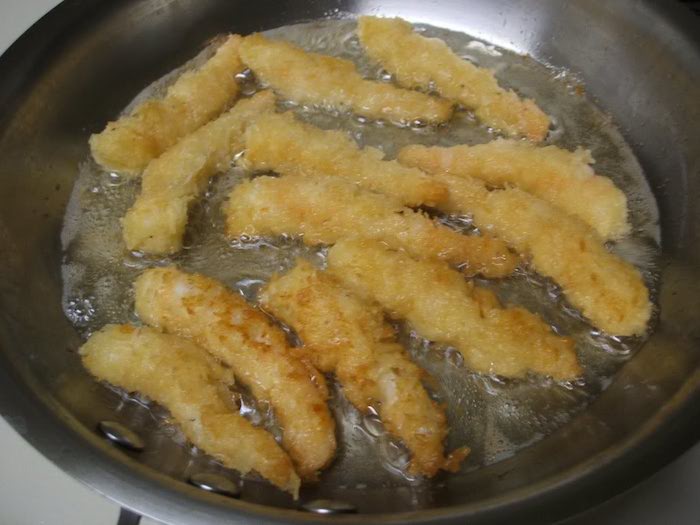
Using oil that has been repeatedly fried, or utilizing oil that has undergone a frying process at temperatures exceeding 180 degrees Celsius, can lead to oxidation and degradation. This can result in the destruction of valuable vitamins and nutrients in the oil, as well as the formation of harmful substances that can negatively impact health. Additionally, there may be undetectable food residues present post-cooking. As such, it is strongly advised against using oil that has been subjected to repeated frying or employing it to cook food.
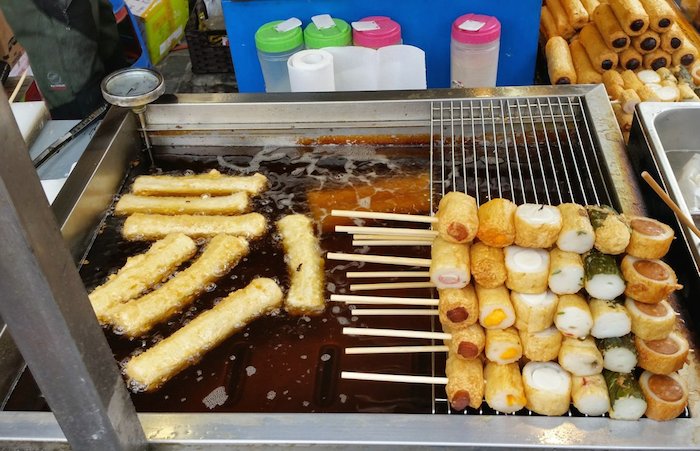
It is important for users to properly store their cooking oil to maintain its quality and prevent spoilage. Cooking oil should be kept in a cool location, away from heat and light sources. The ideal storage containers for cooking oil are crockery jars or clean, dry glass bottles with tight lids. It is crucial to ensure that the containers are free from any water, as outside water can contaminate the oil and lead to spoiling. Additionally, it is recommended to avoid storing cooking oil in metal jars, as this can also contribute to the oil spoiling.
Selecting the Right Cooking Oils for the Whole Family’s Health
Making a wise choice of cooking oil can help you get the most out of meals. With a variety of cooking oil options derived from plants, understanding the characteristics of each type can help you make an informed decision. Learn more about the health benefits of different cooking oils and how to make the best selection for safe and effective use.
























